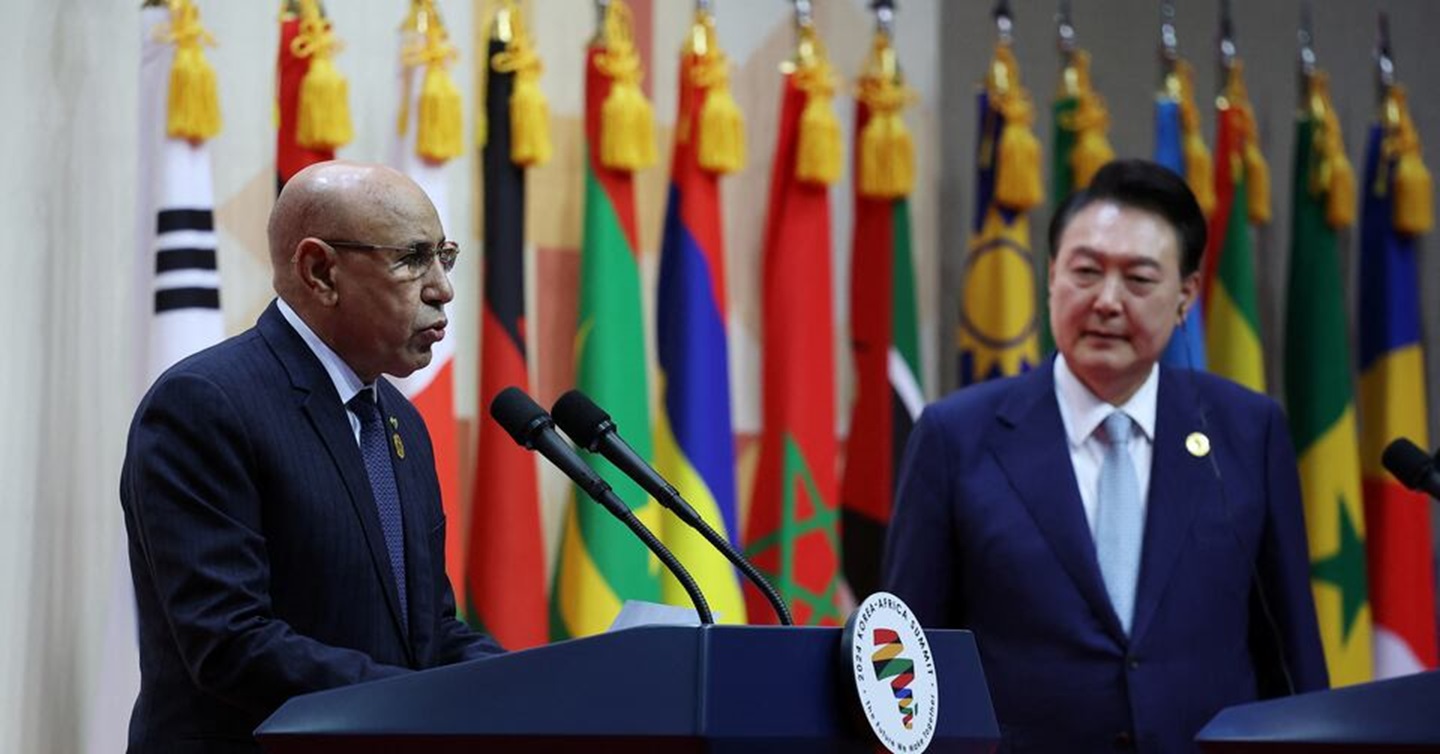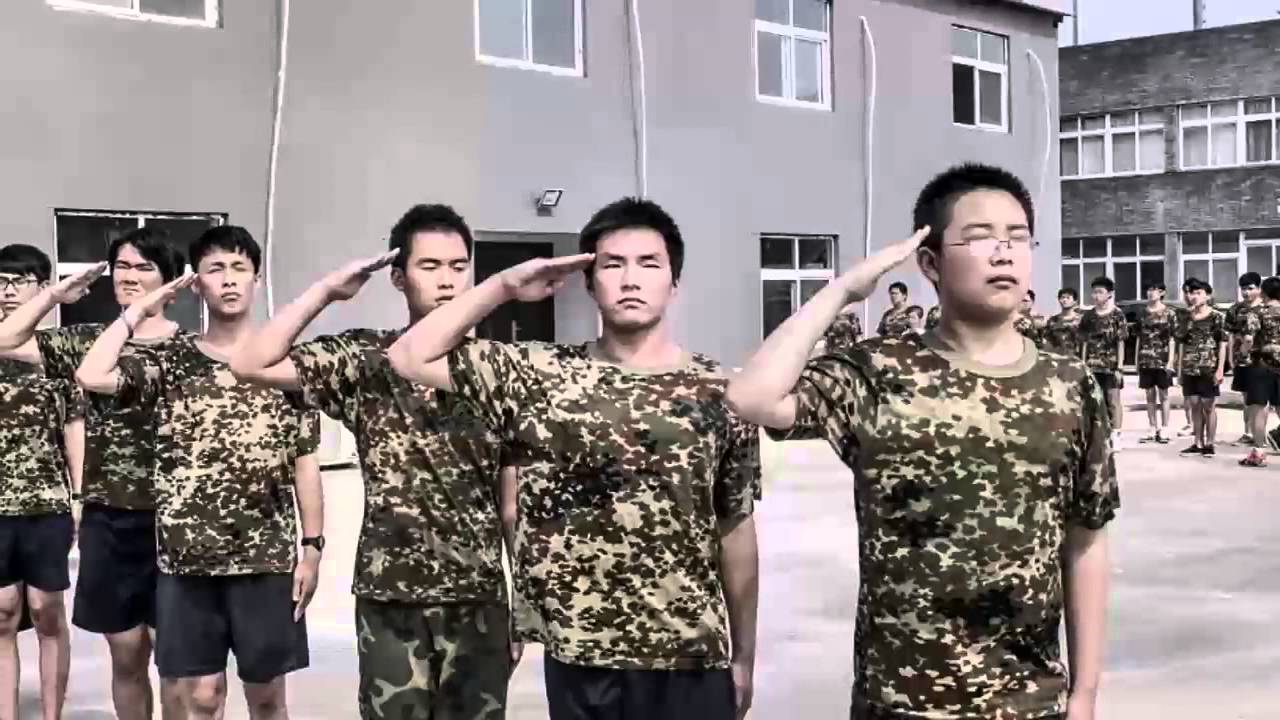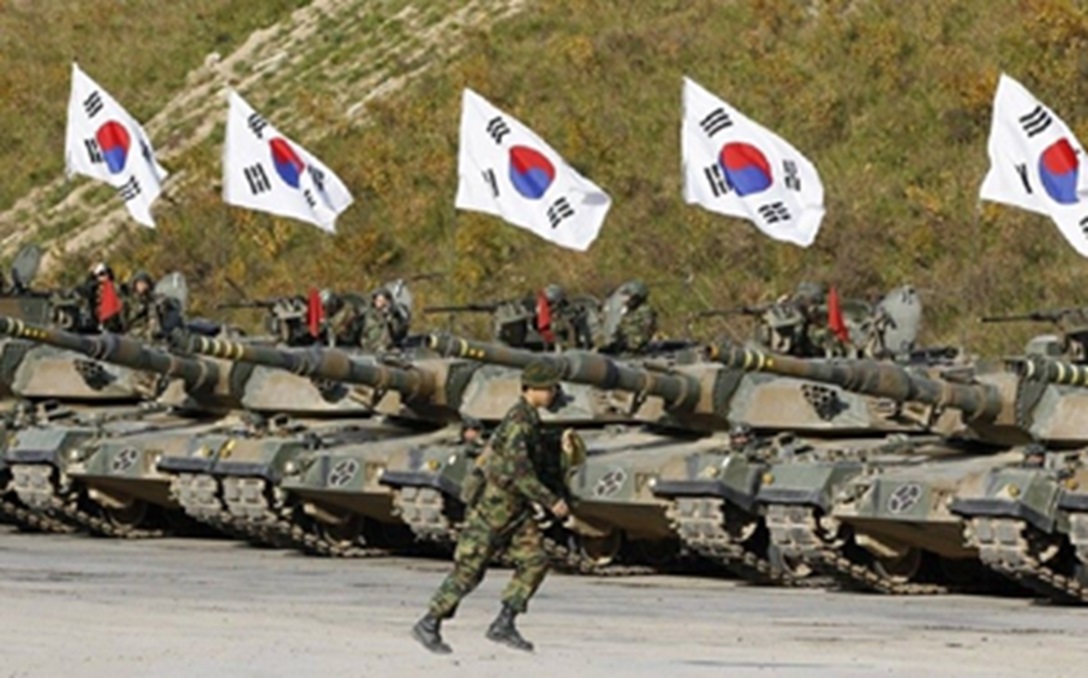Over the decades, South Korea has transformed its image from a developing nation to a major economic and technological power. While its relations with major world powers, such as the United States, China, and Japan, have often taken centre stage, it is crucial to understand the new dynamics of its foreign policy, and the African Strategy of South Korea. This continent, long perceived as marginalized in international affairs, is now recognized for its growing economic potential, abundant natural resources, and strategic importance in global affairs.
The South Korea-Africa summit, scheduled for May 2024, perfectly illustrates this transformation. This event, bringing together leaders from 48 African countries, represents a platform to strengthen diplomatic and economic relations and an opportunity for Seoul to reaffirm its role as a global player. To understand the motivations behind this engagement, examining the historical and current context of relations between South Korea and Africa is essential.
Research Problem and Objectives
The main objective of this article is to explore the underlying motivations and strategies of South Korea in its growing engagement with Africa. This study aims to answer the following questions:
1. Why is South Korea intensifying its relations with Africa?
2. What specific strategies does Seoul implement to achieve its objectives on the African continent?
3. How do these strategies impact the targeted African countries and South Korea’s geopolitical position?
Theoretical Framework and Research Questions
To analyze this complex dynamic, we will rely on several theories of international relations:
1. Realism: This theory will help examine South Korea’s geopolitical and security motivations. According to realists, states primarily act to maximize their security and power. In this context, South Korea’s engagement in Africa could be interpreted as a strategy to diversify its alliances and secure essential resources.
2. Liberalism: Liberalism, with its emphasis on economic cooperation and international institutions, will help understand how and why South Korea seeks to strengthen its economic ties with African countries. This perspective will highlight trade agreements, foreign direct investments (FDI), and development aid programs.
3. Constructivism: By focusing on ideational and cultural aspects, this theory will explore how South Korea uses cultural and educational diplomacy to influence perceptions and strengthen its relations with Africa.
The main research questions of this study are:
– What are the geopolitical and economic drivers of South Korea’s engagement in Africa?
– What specific strategies does South Korea use to achieve its objectives in Africa?
– What are the impacts of these strategies on the targeted African countries and South Korea’s international position?
Methodology
The Approach
This study adopts a mixed-method approach, combining qualitative and quantitative analyses for a holistic understanding of South Korean strategies in Africa. The qualitative approach will focus on content analysis of official documents, political speeches, and interviews with diplomats and international relations experts. The quantitative approach will include examining trade and investment statistics, economic data, and reports from international organizations.
Case Study Selection
For an in-depth analysis, we have selected several key African countries based on their strategic importance and the diversity of their relations with South Korea. The countries chosen for this case study include:
1. Ethiopia: A long-standing partner of South Korea with collaborations in health, education, and infrastructure.
2. Tanzania: A country where South Korea has significantly invested in the energy and technology sectors.
3. Mauritania: An example of cooperation in natural resource exploitation and rural development.
These countries illustrate different aspects of South Korea’s engagement in Africa, ranging from economic and military cooperation to cultural and educational diplomacy.
Data Collection and Analysis
Data will be collected through an exhaustive review of existing literature, including academic articles, reports from international organizations, and policy analyses. Semi-structured interviews with experts will provide additional qualitative insights. The data will then be analyzed using content analysis and statistical analysis techniques to identify trends and the impacts of South Korean strategies in Africa.
Literature Review
Historical Relations between South Korea and Africa
Relations between South Korea and Africa date back to the 1960s, following the decolonization of many African countries. Since then, South Korea has progressively intensified its diplomatic and economic relations with the continent. In the 1980s and 1990s, these relations were marked by cooperation primarily focused on development aid and cultural exchanges. However, at the turn of the 21st century, South Korea began to adopt a more strategic approach, seeking to diversify its economic and political partners in response to China’s rise and the need to secure natural resources.
The South Korea-Africa summits, initiated in the 2000s, have played a crucial role in strengthening these relations. These summits have formalized partnerships and launched numerous bilateral and multilateral projects. For example, during the first summit in 2006, South Korea announced major initiatives in health and education in Africa, establishing a solid foundation for long-term cooperation.
Theories of International Relations
Realism
From a realist perspective, states act primarily to maximize their security and power in an anarchic international system. In this context, South Korea’s engagement in Africa can be seen as a strategy to diversify its alliances to reduce its dependence on traditional partners and to secure essential resources such as minerals and energy products. Furthermore, South Korea’s participation in peacekeeping operations in Africa, such as in Somalia, shows its interest in regional stability, which is crucial for maritime and commercial security.
Liberalism
Liberalism emphasizes the importance of international institutions, economic cooperation, and common norms. South Korea has actively participated in various international forums and African regional organizations, seeking to promote mutually beneficial trade and investment exchanges. Free trade agreements and infrastructure projects financed by South Korean companies illustrate this liberal approach. Additionally, development aid programs and technical cooperation initiatives strengthen economic and institutional ties between South Korea and African countries.
Constructivism
Constructivism focuses on the role of ideas, norms, and identities in international relations. South Korea uses cultural and educational diplomacy to strengthen its relations with Africa. For example, the Hallyu (Korean wave) phenomenon, which includes music, cinema, and Korean dramas, has helped shape a positive image of South Korea in Africa. Moreover, scholarship programs and educational exchanges have enabled many African students to pursue their studies in South Korea, creating lasting personal and professional connections.
Comparison with Other Actors
To fully understand South Korea’s strategy in Africa, it is crucial to compare it with that of other economic powers, notably China, the United States, and the European Union. China, for instance, is known for its aggressive approach and massive infrastructure investments through the Belt and Road Initiative. The United States, on the other hand, has focused on promoting democracy and human rights while supporting economic initiatives. The European Union has adopted a multidimensional approach, combining development aid, trade, and the promotion of European values.
South Korea distinguishes itself by a more balanced approach, combining economic, political, and cultural aspects. Unlike China, South Korea places greater emphasis on technical cooperation and technology transfer. Compared to the United States, South Korea adopts a less interventionist stance, focusing more on mutually beneficial partnerships rather than promoting political reforms. Finally, South Korea shares some similarities with the European Union’s approach, particularly in terms of promoting cultural and educational exchanges.
Detailed Literature Review
Historical Relations between South Korea and Africa
- Early Engagements and Foundations (1960s-1980s)
In the post-colonial era of the 1960s, many African nations gained independence, marking the beginning of a new chapter in international relations. South Korea, emerging from the devastation of the Korean War and embarking on a path of rapid economic development, recognized the strategic importance of engaging with newly independent African states. This initial phase of engagement was characterized by mutual support in international forums and the establishment of diplomatic relations.
During this period, South Korea’s primary focus was on diplomatic recognition and political support within the United Nations. Both South Korea and the African nations were keen on consolidating their sovereignty and gaining international recognition. South Korea sought the support of African countries in its ongoing conflict with North Korea and its bid for membership in various international organizations. In return, South Korea supported African nations’ efforts to secure independence and address colonial legacies.
- Expansion of Economic and Cultural Relations (1980s-1990s)
The 1980s and 1990s marked a period of significant economic and cultural expansion in South Korea’s engagement with Africa. This era saw the implementation of South Korea’s Official Development Assistance (ODA) programs, which were designed to foster development in African nations through aid and technical cooperation. South Korea’s approach during this period was heavily influenced by its own experiences of rapid economic development, often referred to as the “Miracle on the Han River.”
South Korea began to focus on areas such as healthcare, education, and rural development. For instance, the Korea International Cooperation Agency (KOICA), established in 1991, played a crucial role in implementing development projects across Africa. KOICA’s initiatives included building hospitals, providing medical equipment, and training healthcare professionals. Educational exchanges also became a key component of South Korea’s strategy, with scholarships offered to African students to study in South Korean universities.
- Strategic Partnerships and Bilateral Agreements (2000s-Present)
The turn of the 21st century marked a strategic shift in South Korea’s engagement with Africa. Recognizing the continent’s growing economic potential and its strategic importance in global affairs, South Korea sought to deepen its partnerships through more structured and formalized mechanisms. This period saw the launch of the Korea-Africa Forum and the establishment of bilateral agreements in various sectors.
The Korea-Africa Forum, first held in 2006, served as a platform for high-level dialogue and cooperation. These forums facilitated the signing of numerous Memoranda of Understanding (MOUs) and agreements on economic cooperation, infrastructure development, and cultural exchanges. South Korea’s emphasis on “win-win” partnerships aimed to ensure mutual benefits for both South Korea and African nations.
One notable example of such a partnership is South Korea’s involvement in the development of Ethiopia’s health sector. South Korea has supported the construction of healthcare facilities, the provision of medical supplies, and the training of Ethiopian healthcare workers. This partnership has not only improved healthcare access in Ethiopia but has also strengthened diplomatic ties between the two nations.
Theoretical Frameworks in International Relations
Realism: Geopolitical and Security Considerations
Realism, as a theory of international relations, posits that states act primarily to maximize their security and power within an anarchic international system. This perspective is particularly useful for understanding the strategic motivations behind South Korea’s engagement in Africa. From a realist viewpoint, South Korea’s actions can be seen as efforts to enhance its national security, diversify its alliances, and secure access to critical resources.
Diversification of Alliances
South Korea’s geopolitical landscape is dominated by its proximity to major powers such as China, Japan, and the United States, as well as its ongoing conflict with North Korea. To mitigate the risks associated with over-reliance on these traditional partners, South Korea has sought to diversify its alliances. Engaging with African nations provides South Korea with alternative diplomatic and economic partnerships, thereby reducing its vulnerability to regional tensions and power imbalances.
For instance, South Korea’s participation in peacekeeping operations in Africa, such as its contributions to the United Nations Mission in South Sudan (UNMISS), reflects its commitment to global security and its desire to build alliances beyond its immediate neighbourhood. These efforts enhance South Korea’s international standing and provide it with a broader network of allies.
Securing Critical Resources
Africa’s rich endowment of natural resources, including minerals, oil, and agricultural products, makes it a strategic partner for South Korea. As a resource-poor nation heavily dependent on imports for its industrial needs, South Korea views Africa as a vital source of raw materials essential for its continued economic growth. Securing access to these resources is a key component of South Korea’s realist strategy.
For example, South Korean companies have invested in mining operations in countries like Nigeria and South Africa to secure supplies of precious metals and minerals. Additionally, South Korea’s investments in agricultural projects in countries like Ghana aim to ensure food security and reduce dependence on imports from other regions.
Liberalism: Economic Cooperation and Institutional Engagement
Liberalism, in contrast to realism, emphasizes the importance of economic cooperation, international institutions, and the interdependence of states. This perspective highlights how South Korea’s engagement with Africa is driven by mutual economic benefits and the strengthening of international norms and institutions.
Economic Interdependence
Liberalism posits that economic interdependence between states can reduce the likelihood of conflict and promote stability. South Korea’s strategy in Africa reflects this belief, as it seeks to establish robust economic ties through trade, investment, and development assistance. By fostering economic interdependence, South Korea aims to create a network of mutually beneficial relationships that contribute to regional and global stability.
Trade agreements and investments in African infrastructure are central to this approach. For instance, South Korea has signed multiple bilateral trade agreements with African countries, facilitating the flow of goods and services. Investments in infrastructure projects, such as the construction of roads, ports, and energy facilities, not only support African development but also create opportunities for South Korean businesses.
Strengthening International Institutions
Liberalism also emphasizes the role of international institutions in promoting cooperation and addressing global challenges. South Korea’s active participation in international forums and regional organizations in Africa demonstrates its commitment to this principle. By engaging with institutions such as the African Union (AU) and the African Development Bank (AfDB), South Korea aims to contribute to the development of a stable and prosperous African continent.
For example, South Korea’s support for the African Continental Free Trade Area (AfCFTA) aligns with its liberalist approach. By promoting trade liberalization and economic integration in Africa, South Korea helps to create a more predictable and cooperative international environment. This not only benefits African economies but also provides South Korean companies with greater access to emerging markets.
Constructivism: Ideational and Cultural Influences
Constructivism, a theory that focuses on the role of ideas, norms, and identities in shaping international relations, offers valuable insights into South Korea’s cultural and educational diplomacy in Africa. This perspective emphasizes how shared values and cultural exchanges can influence state behaviour and foster closer ties.
Cultural Diplomacy and the Hallyu Wave
South Korea’s cultural diplomacy, epitomized by the global popularity of the Hallyu (Korean wave), plays a significant role in its engagement with Africa. The export of Korean pop culture, including music, films, and television dramas, has helped to shape a positive image of South Korea in African societies. This cultural influence extends beyond entertainment, fostering a sense of familiarity and goodwill towards South Korea.
For example, the success of Korean dramas and K-pop in countries like Nigeria and Kenya has led to increased interest in Korean language and culture. This cultural affinity has facilitated deeper people-to-people connections and has opened new avenues for cooperation in areas such as tourism, education, and creative industries.
Educational Exchanges and Capacity Building
Educational exchanges are another crucial component of South Korea’s constructivist strategy. By offering scholarships and training programs to African students, South Korea invests in the development of human capital and strengthens long-term ties with future African leaders. These initiatives not only enhance educational opportunities for African students but also create a network of alumni with strong connections to South Korea.
Programs such as the Korea-Africa Scholarship Program and the Global Korea Scholarship have enabled thousands of African students to pursue higher education in South Korea. These students often return to their home countries with a deep appreciation for Korean culture and values, contributing to the development of bilateral relations.
Comparative Analysis with Other Major Actors
China’s Assertive Economic Diplomacy
China’s engagement in Africa is characterized by its large-scale infrastructure investments and the Belt and Road Initiative (BRI). China’s strategy focuses on building roads, railways, ports, and other critical infrastructure, often financed through loans and direct investments. This approach has been effective in enhancing China’s economic footprint and securing access to Africa’s vast natural resources.
However, China’s strategy has also faced criticism for creating debt dependencies and for its lack of emphasis on local capacity building and governance reforms. In contrast, South Korea’s approach is perceived as more balanced, emphasizing technical cooperation, education, and sustainable development. South Korea’s investments in healthcare, education, and technology transfer aim to build local capacities and foster long-term development.
The United States Focus on Governance and Democracy
The United States has traditionally emphasized the promotion of democracy, human rights, and good governance in its engagement with Africa. Through initiatives such as the African Growth and Opportunity Act (AGOA) and the Millennium Challenge Corporation (MCC), the U.S. provides trade bene
Title Image Courtesy: Reuters
Disclaimer: The views and opinions expressed by the authors do not necessarily reflect the views of the Government of India and Defence Research and Studies






